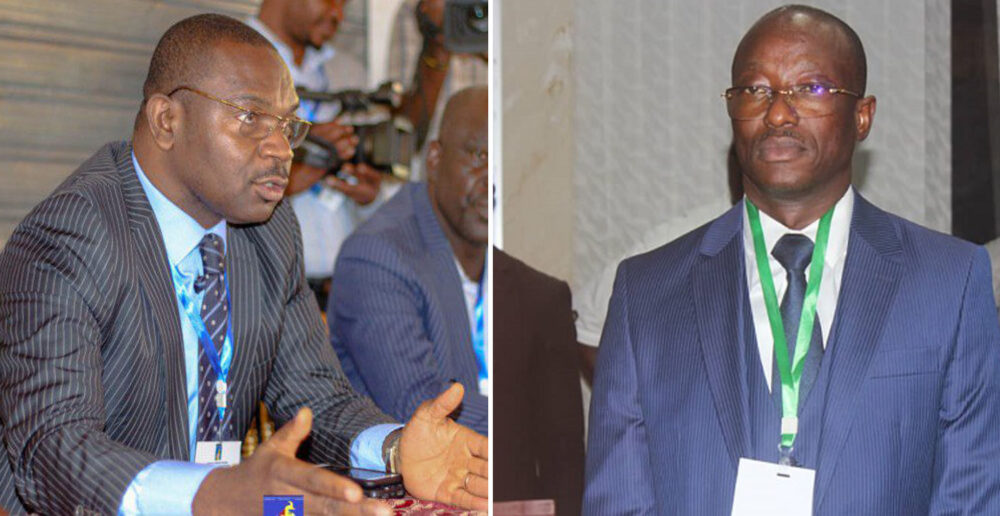
The leadership battle in Cameroonian volleyball has taken a sharper turn, with Serge Julien Abouem, the legally recognized president of the Cameroon Volleyball Federation (Fécavolley), speaking out vehemently against his rival, Bello Bourdanne.
In a forceful declaration, Abouem condemned what he termed the “imposture” of a faction he accuses of relying solely on government funds without any genuine development plan for the sport.
“We have the legal authority to manage Cameroonian volleyball. Let the imposters let us work in peace,” Abouem asserted, directly addressing Bourdanne and his supporters. Frustrated by the ongoing leadership deadlock, he criticised the fact that “those who claim to be stronger than the laws of the Republic” continue to enjoy political and sporting support despite court rulings affirming his presidency.
This dispute stems from a legal ruling in April 2025, when the Yaoundé High Court annulled Bello Bourdanne’s election and confirmed Abouem as the legitimate head of Fécavolley. Yet, the Ministry of Sports and the African Volleyball Confederation (CAVB) continue to recognise Bourdanne, deepening institutional confusion and undermining the sport’s progress.
In response, Abouem advocates for a governance model grounded in financial independence and community involvement. “I would like to say, with a bit of mockery, that those who are in volleyball to wait for budgetary credits, that is to say taxpayers’ money, have taken the wrong path. We are an association. We must seek our income,” he explained. Abouem revealed he has already secured “pre-contracts of 400 million for next year,” intended to fund a structured recovery programme.
Highlighting the wider fallout from the leadership crisis, Abouem lamented the jeopardy facing the U20 Lionesses, who risk exclusion from the upcoming African Cup of Nations due to the ongoing federation turmoil. “In principle, if we are a country that respects the law, they should play in the AFCON.
Now, if those who claim to be stronger than the laws of the Republic decide otherwise, we will take note,” he said.
Despite nearly two years of conflict, Abouem remains calm and resolute in his mission. However, the protracted dispute has severely impacted the reputation and development of volleyball in Cameroon. Caught between legal recognition on one side and political and continental endorsement on the other, Fécavolley remains stuck in limbo — a situation that only decisive intervention by Cameroonian authorities can resolve to free the sport from paralysis.



